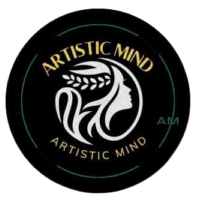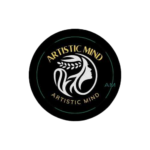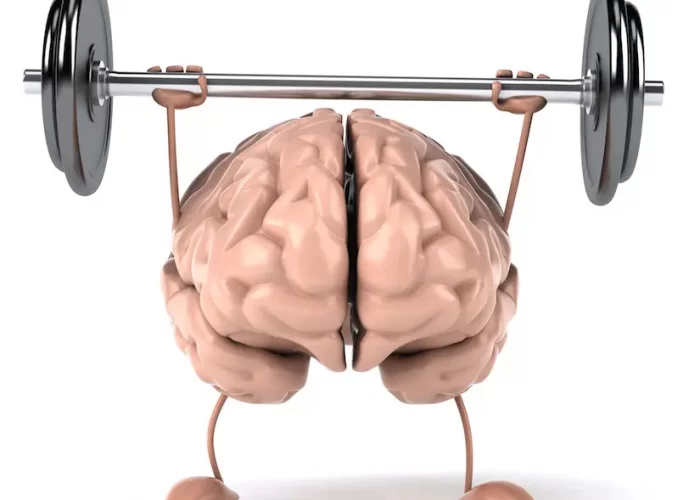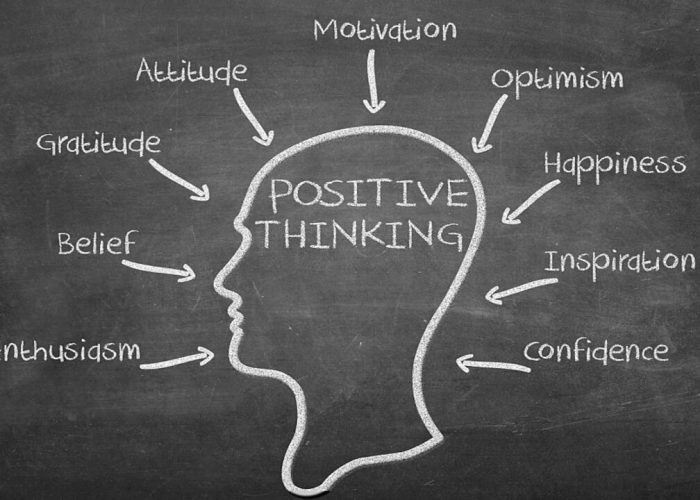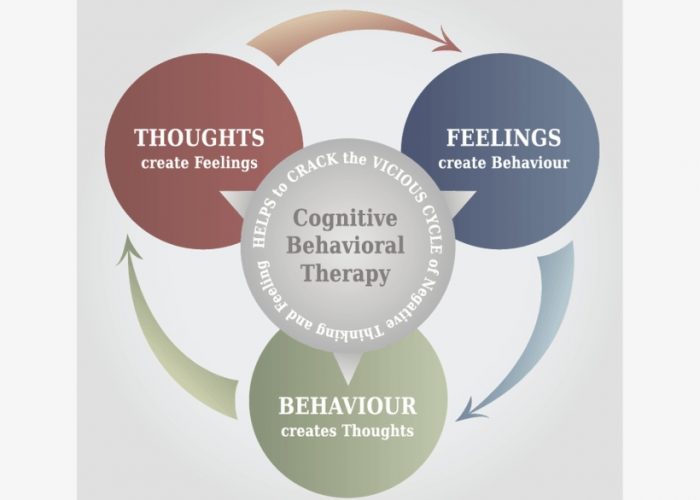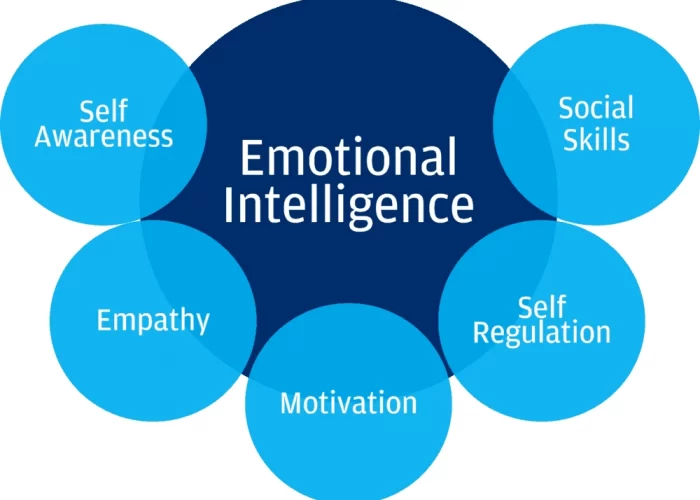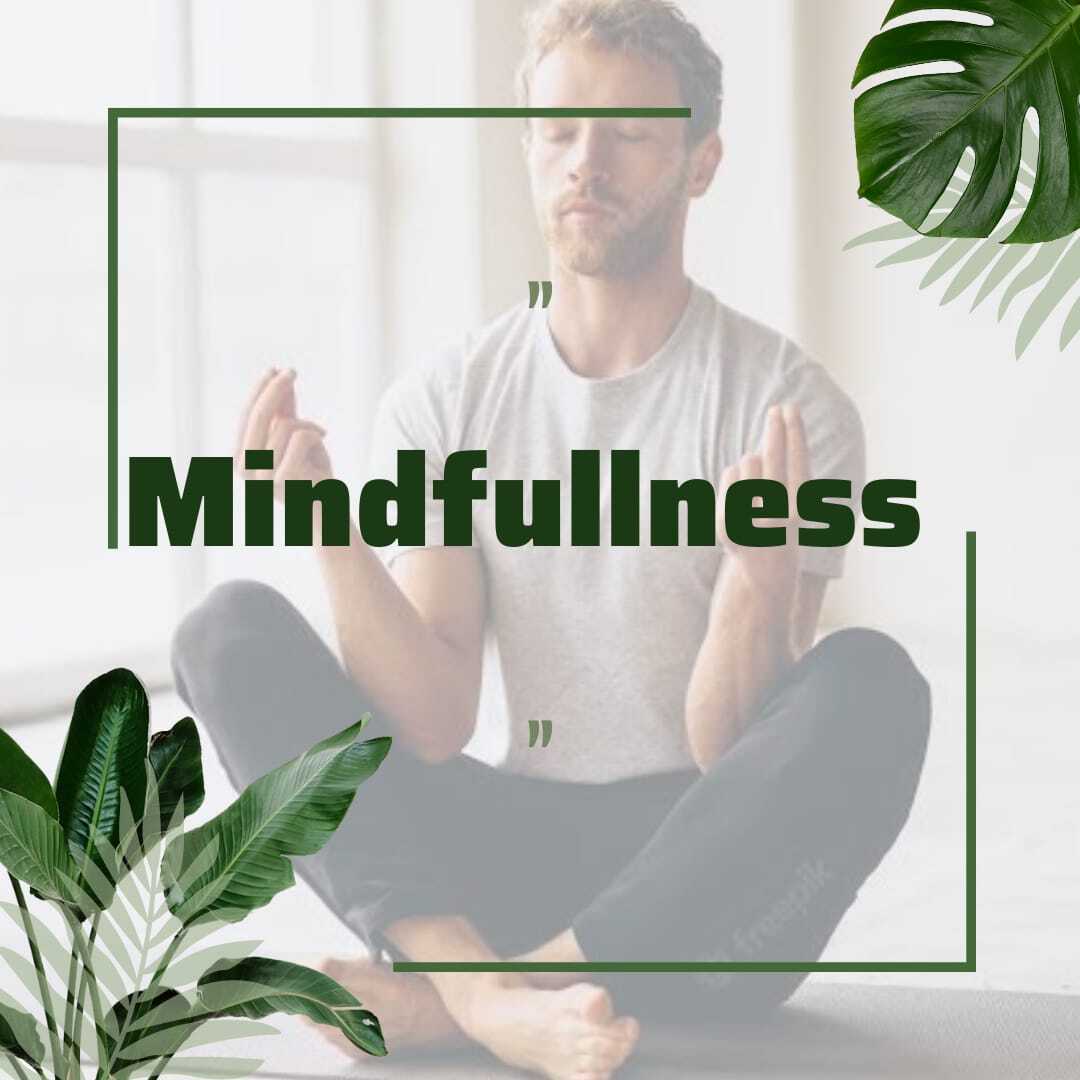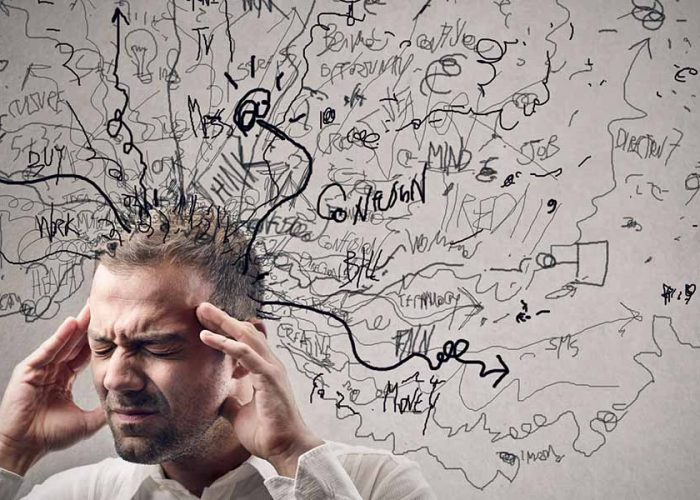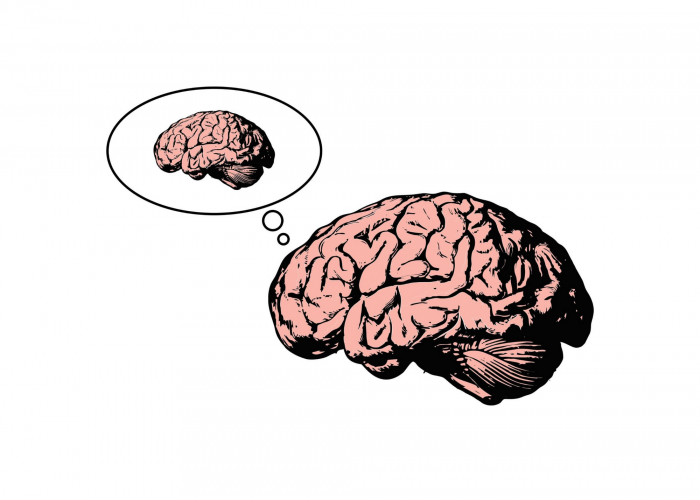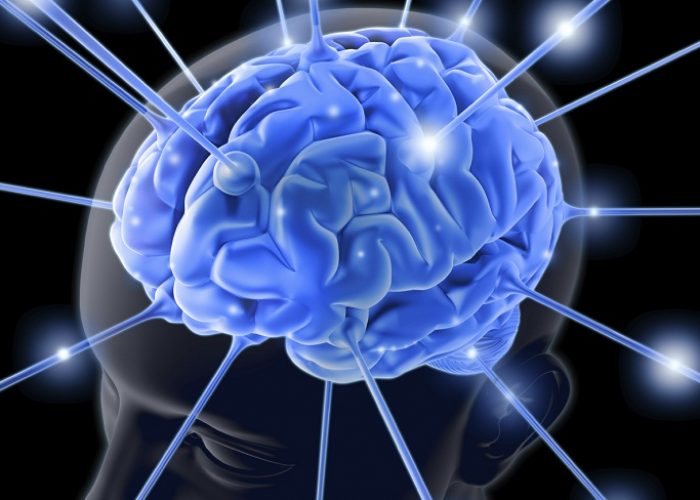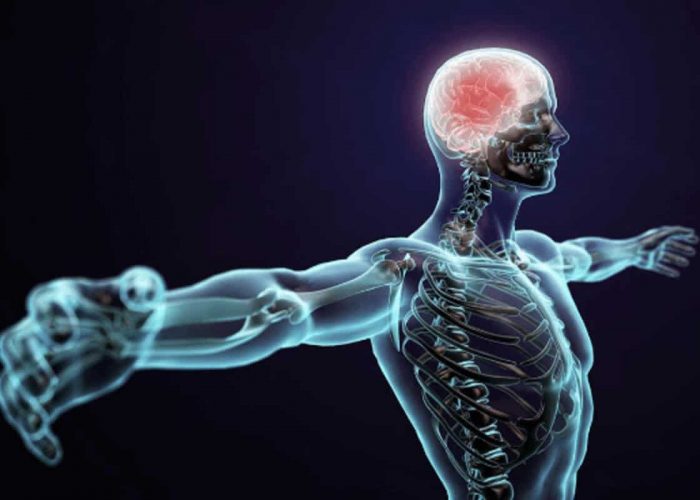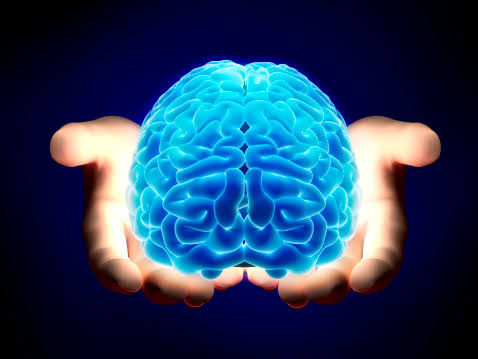The Artistic Mind
About Your Coach
He is a Brain coach, Mind trainer and Educational expert in the field of Neuroscience, Psychology & Quantum mechanics. Being B.Tech & Msc in psychology, he has changed the lives of many people by mentally training them with his Neuroscientific and psychological approach. He has been into this teaching and training for many years. He has coached many people in India and globally through a virtual platform which has had a very positive impact in people’s lives. According to him if a person does the right learning and in the right direction then one can get out of anxiety disorder, negative thoughts and depression. He deals with people who have psychological problems like anxiety disorder, OCD and depression, and negative thinking. He is deeply interested in neuroscience, psychology, philosophy and quantum mechanics. His mission is to reach out to a large number of people and give them emotional and spiritual growth as well. You can follow him on social media as well.
Pankaj Pandey (Trainer & life coach)

Dealing with ocd, negative thinking, anxiety disorder, insomnia, irrational thoughts, panic attack, fear of death etc.
Some Of Our Successful stories
Live Course Services
PRACTICAL APPROACH (3-4 MONTH LIVE COURSE PROGRAM)
Benefits of Neuroplasticity There are many benefits of brain neuroplasticity. Allowing your brain to adapt and change’
- The ability to learn new things
- The ability to enhance existing cognitive capabilities.
- Strengthening areas where function is lost or has declined.
- Improvements that can boost brain fitness.
Positive psychology is a scientific approach to studying human thoughts, feelings, and behavior.Positive psychology is not about putting on a pleasant face all the time. Life can be difficult, and disappointments and difficulties are unavoidable. Scientific study, on the other hand, has revealed that there are some tactics and abilities that can help people negotiate life’s problems more effectively and enjoy life more. Positive psychology moves the scientific perspective from a focus on stress, disorder, and dysfunction to a focus on well-being, health, and optimal functioning.
CBT helps you become aware of inaccurate or negative thinking so you can view challenging situations more clearly and respond to them in a more effective way. It works with a very simple format, “The ABC’s of CBT.” This model can best be explained as, “I think, so I feel and I do.” This is what ABC stands for:
(A) Activating event – The actual event and the client’s immediate interpretations of the event (B) Beliefs about the event – This evaluation can be rational or irrational (C) Consequences – How you feel and what you do or other thoughts.
(how to manage emotions aand correct them)
Emotional intelligence or EI is the ability to understand and manage your own emotions, and those of the people around you. Take a tip from emotional intelligence Emotional intelligence starts with self-awareness and being able to identify your emotions as they arise. If you are feeling “stressed”, is it really fear, overwhelm or confusion? Describe to yourself in as much detail as you can, how you really feel. Write it down if it helps you to get your thoughts straight. Acknowledge that your thoughts are justified and understand that emotions are not good or bad, they are just emotions.
People have a distorted view of the world when they are in a negative state of mind. It becomes a cycle where negative thoughts reinforce negative emotions, which in turn produces negative actions.If the cycle is not broken, and left to run uninterrupted, it inevitably has a detrimental physical and mental effect on the person experiencing the spin. In addition, if these cycles spin often enough, they can lead to clinical depression and anxiety.
How Mindfulness Helps Anxiety Mindfulness is the basic human ability to be fully present, aware of where we are and what we’re doing, and not overly reactive or overwhelmed by what’s going on around us.
When you become aware of the present moment, you gain access to resources you may not have realized were with you all along—a stillness at your core. An awareness of what you need and don’t need in your life that’s with you all the time. You may not be able to change your situation, but mindfulness practice offers the space to change your response to your situation.When you can create space between yourself and what you’re experiencing, your anxiety can soften.
Cognitive restructuring offers an opportunity to notice these maladaptive thoughts as they’re occurring. You can then practice reframing these thoughts in more accurate and helpful ways. The theory is that if you can change how you look at certain events or circumstances, you may be able to change the feelings you have and the actions you take. To change an unproductive thought pattern, you have to be able to identify the error you’re making.
Metacognition often takes the form of a value judgment about one’s thoughts, such as “It’s bad that I overanalyze everything.” Research has shown that these metacognitive beliefs can play an important role in obsessive-compulsive disorder, depression and generalized anxiety disorder, among others. In particular, they may matter more than the way we frame situations in our mind, such as by focusing on the negative aspects of a life event. What is metacognition? Metacognition involves the scientific study of how the mind can be aware of, and control, its own activity.
Logical thinking helps people process facts and implement reasonable solutions rather than acting solely on their emotions. Logical (or left-brain) thinking comes into its own when we are working with verifiable and reasonably certain information. This is information we can be sure about because it has been confirmed scientifically.
- A clear goal or solution
- Systematic planning
- Using information
Metacognition often takes the form of a value judgment about one’s thoughts, such as “It’s bad that I overanalyze everything.” Research The mind and the body are not two separate entities—although they are often treated that way. Physical health and emotional health are intimately intertwined in what’s known as the mind-body connection. Our chemistry and biology impact our mood and emotions, as well as thoughts and beliefs. With all of these factors combined, they play a major role in influencing our stress and physical health.
Affirmations are positive statements that can help you to challenge and overcome self-sabotaging and negative thoughts. When you repeat them often, and believe in them, you can start to make positive changes. You might consider affirmations to be unrealistic “wishful thinking.” But try looking at positive affirmations this way: many of us do repetitive exercises to improve our physical health, and affirmations are like exercises for our mind and outlook. These positive mental repetitions can reprogram our thinking patterns so that, over time, we begin to think – and act – differently.
Mood is regulated by the brain, and to work properly, the brain needs optimal fuel from nutrients in food. Researchers continue to prove the old adage that you are what you eat, most recently by exploring the strong connection between our intestines and brain. Our guts and brain are physically linked via the vagus nerve, and the two are able to send messages to one another. While the gut is able to influence emotional behavior in the brain, the brain can also alter the type of bacteria living in the gut. According to the American Psychological Association, gut bacteria produce an array of neurochemicals that the brain uses for the regulation of physiological and mental processes, including mood.

Content for mind management
Thinking Process
The next step in Mind Management is to learn how to think correctly. If you’re not thinking correctly, you’re not going to be able to change the way your mind works, and that will forever prevent you from successfully managing your mind. Do you think: “I’m not good enough,” or “I’m not smart enough,” or “I’m not cool enough,” or “I’m not funny enough?” If so, then you are thinking incorrectly. Correct thinking leads to positive results.
Focus allows you to pay attention to what’s happening here and now, and this starts the process of neuroplasticity.
when you change the way you look at things, the things you look at change.
Our happy & satisfied customers.
Inspired by our Services?
Please fill out the form, so we can learn more about you and your needs.
Science is not only compatible with spirituality; it is a profound source of spirituality.”
You ask, we answer
A life coach is a type of wellness professional who helps people make progress in their lives in order to attain greater fulfillment. Life coaches aid their clients in improving their relationships, careers, and day-to-day lives.
The objective is to focus on your potential (your unrealized ability, capacity or possibility) by leveraging your strengths, uncovering what’s in your way, and targeting the areas you are most interested in addressing to help you reach your goals more effectively.
Our live program is based on practical, scientific and logical things. Note# Our approach is based on scientific learningDuration – 3- 4 month(Doubt sessions are a must in every class)
1- Neuroplasticity ( how to rewire anxious brain, how to break negative patterns, brain plasticity)
2- positive psychology
3- CBT ( cognitive behavioural therapy in detail)
4- REBT ( rational emotive behavioural therapy)
5- emotional intelligence ( how to manage emotions & correct them)
6- how to break cycles ( thought, emotions action & behaviour)
7- metacognition ( thinking about thing).
8 – mindfullness
9- how to change cognition
10- daily routine ( diet, exercises)
11- brain related exercises
12- logical thinking
There is doubt session in every class so you can always ask doubt. Apart from this, you can also ask your doubts personally on WhatsApp.
Hindi and English
This is 20% theoretical and 80% practical.
Our live course is based on neuroscientific learning and psychological education which is a practical approach.
Once a pattern is created within you during the course, then things become automatic.
